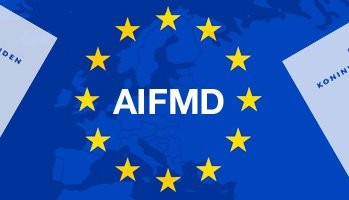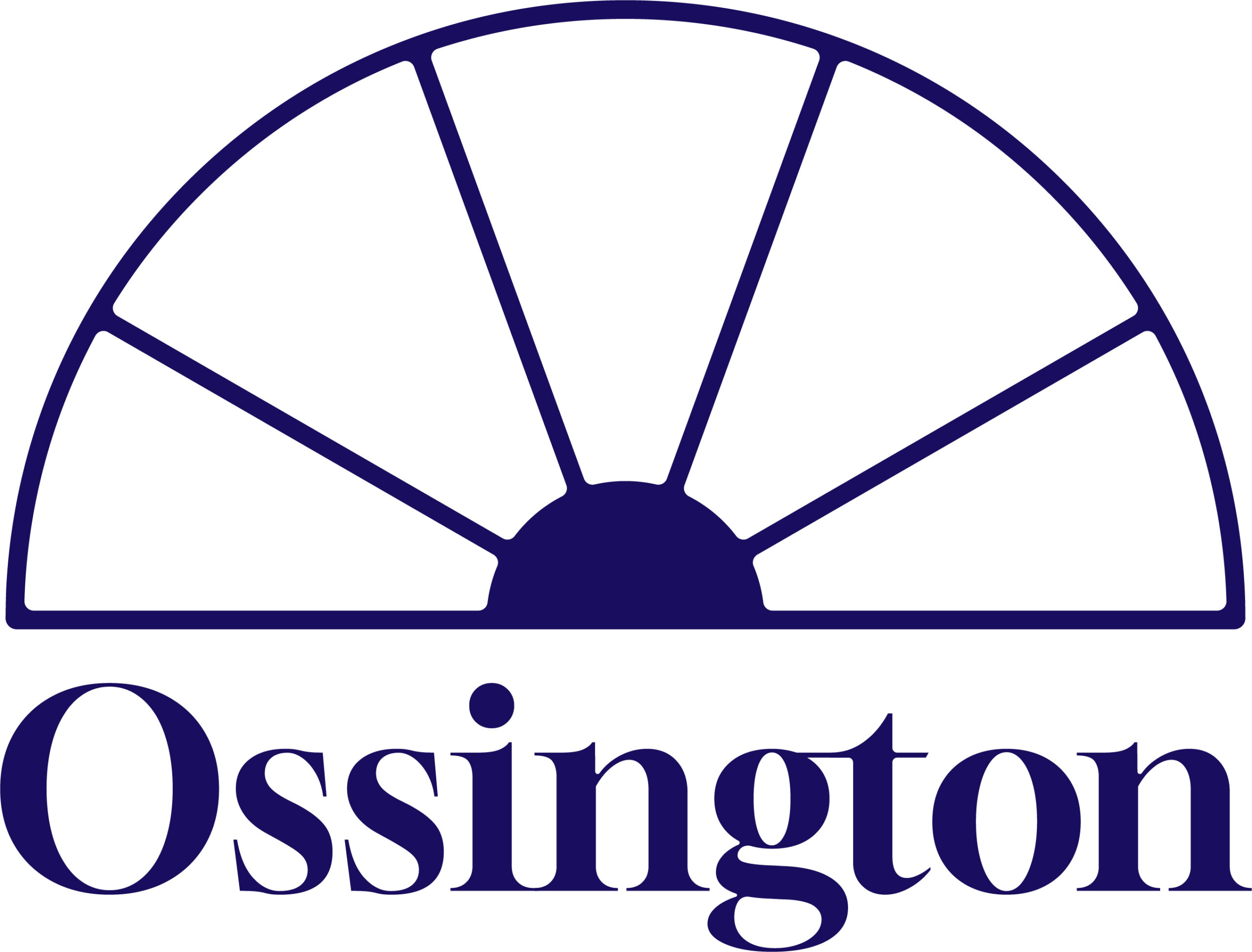Below is a high level overview of anticipated proposals contained within the AIFMD Draft Proposal announcement. These proposals will be scrutinized by the European Council and the European Parliament before implementation into law. The objective of these proposals is to enhance investor protection by addressing shortfalls in the AIMFD as currently drafted, particularly those resulting from fragmented regulation and inconsistent application of rules across the EU.
Delegation
No significant changes are planned for the AIFMD rules on delegation – however there will be additional administration and supervision requirements. The proposals confirm that the Article 20 requirements apply to both AIFM functions and MiFID ‘top-up’ permissions.
The draft proposal does not prescribe a minimum proportion of portfolio/risk management activities to be kept in-house by an AIFM and the Commission acknowledges that an AIFM may delegate more of these functions than it retains. However, sufficient information will need to be provided by an AIFM in the new delegation arrangements notification form to allow regulators to determine whether the AIFM has delegated more functions than it has retained.
Delegation to third country entities will entail increased reporting requirements and supervisory mechanisms. ESMA should receive notification of delegation arrangements of an AIFM by its home regulator where more risk/portfolio management functions are delegated to third-country entities that are retained. The Commission will adopt a delegated act which prescribes the triggers, content, forms and procedure for the transmission of delegation notifications.
When seeking authorisation, AIFMs should provide details of the human and technological resources deployed to monitor the delegate in their performance of the delegated function. To support the notion that human resources need to be in place, AIFMs will be required to employ at least two natural persons who are resident in the EU on a full time basis.
The Commission will conduct a review of the delegation regime within five years of the implementation of the new measures, taking advice from ESMA into account. ESMA will be empowered to conduct peer reviews of competent authorities at least every two years and produce regular reports on market practices in relation to delegation to the Commission.
NPPRs
It is being proposed that a non-EU AIF cannot be domiciled in either a non-cooperative tax jurisdiction as defined by the EU council or a high risk country pursuant to the AML Directive.
These changes will be included in the Articles which relate to third country passporting.
Liquidity Risk Management
It is being proposed that AIFMs will have to utilise a minimum list of Liquidity Risk Management tools (LRM) and include at least one within the instruments of incorporation of the fund. These tools will be mandated to be made available to AIFMs within a new Annex within the AIFMD. In
addition, AIFMs must implement rigorous policies which provide for the activation and deactivation of any LRM, which must be disclosed to investors.
AIFMs with open-ended funds will be able to suspend the repurchase or redemption of AIF units or shares temporarily in situations of market stress. AIFMs will be required to notify regulators about the activation of this LRM, as well as about the activation or deactivation of any LRM.
Loan Funds
Key proposals for Loan Granting Funds (LGFs):
– LGFs are required to be closed-end if more than 60% of their loans (NAV) were originated by the LGF
– LGFs are to keep 5% of exposure of any loan they originated if they sell the loan
– LGFs cannot lend to their own AIFM, its staff, its depositary or its delegate
– LGFs will be limited to 20% per obligor on loans granted to financial undertakings and UCITS
– LGFs must establish detailed policies for the granting of loans and to administer and monitor their credit portfolios
Data Reporting
Data reporting requirements are to be broadened by the removal of restricting language, such as the referral to reporting of “main instruments traded” rather than “instruments traded”.
The Commission is planning to develop a system of integrated data collection that is able to efficiently provide accurate data to relevant. This will have the impact of centralizing reporting and avoiding duplication – something which was a major grievance expressed by AIFMs during the consultation process.
Depositaries
Where needed, AIFs will be granted permission by EU regulators to access cross-border depositary services where required. It is anticipated that this will increase investor protection through deeper EU AIF market integration.
It is also being proposed that third country depositaries should not be established in a non-cooperative tax jurisdiction as defined by the EU Council or in a high risk country pursuant to the AML Directive.
Fees and Charges
The proposal includes an obligation to disclose fees and charges relevant to the cost of operations of the fund. This includes all direct and indirect fees and charges and will be disclosed to investors in a quarterly report.


